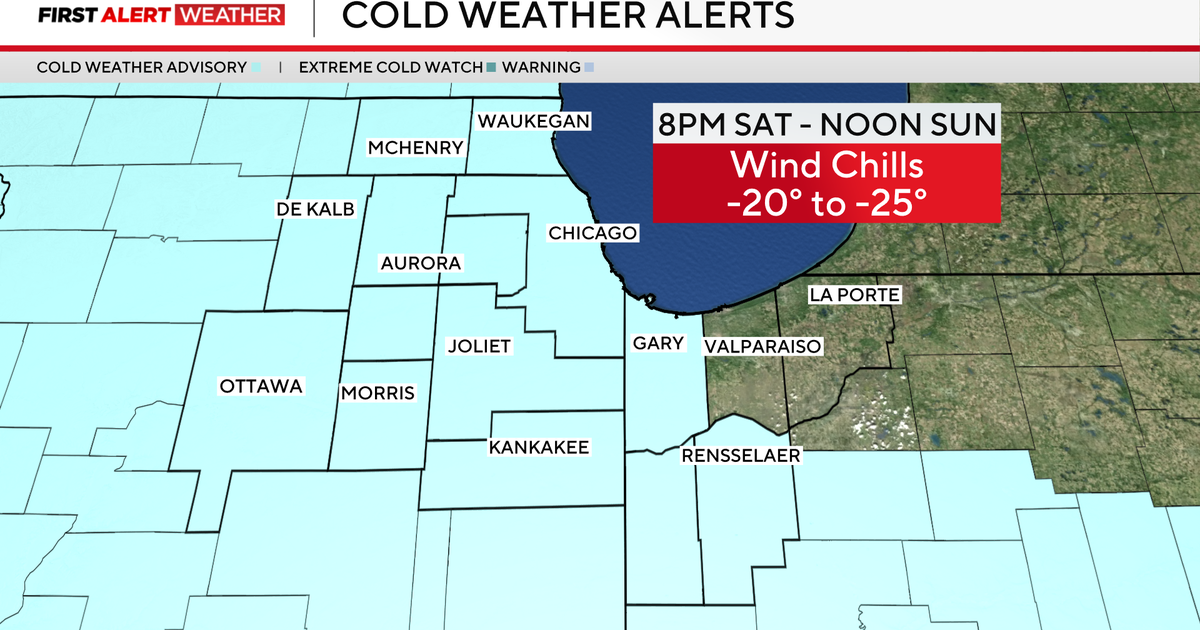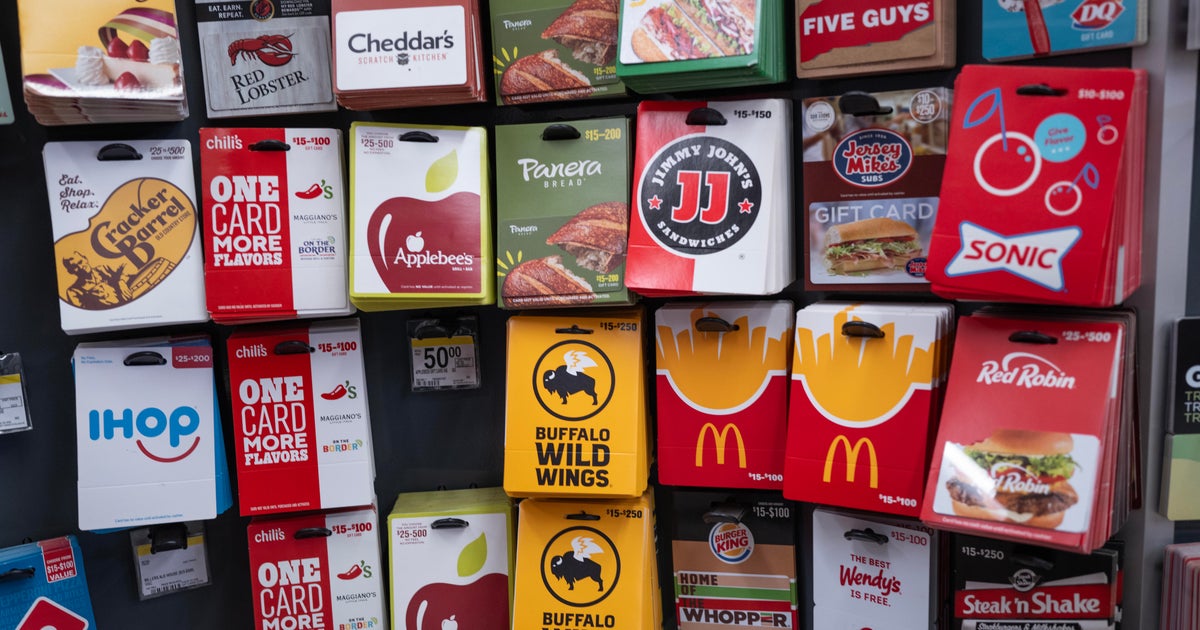Section of south Broward under quarantine after giant African land snail found in Miramar
MIAMI - A quarantine zone has been established in a section of southern Broward and northern Miami-Dade to contain the spread of giant African land snails, the state Department of Agriculture and Consumers Services announced Tuesday.
"Under the quarantine, it is unlawful to move a giant African land snail or a regulated article, including, but not limited to, plants, plant parts, plants in soil, soil, yard waste, debris, compost or building materials, within, through or from the defined quarantine area without a compliance agreement," according to the statement.
A giant African land snail was confirmed in Miramar on June 2nd. The snails, which grow as long as 8 inches, have a distinctive whirled, brown-mottled shell. They can produce up to 2,500 eggs a year.
The quarantine area is bounded by Pembroke Road to the north, SW 62nd Avenue to the east, NW 215th Street in Miami-Dade to the south, and South University Drive to the west.
The agriculture department will treat properties with a metaldehyde-based molluscicide (snail bait). According to the department:
"Metaldehyde works by disrupting the mucus production ability of snails and slugs. This reduces their digestion and mobility and makes them susceptible to dehydration. Snails and slugs that have eaten metaldehyde often seek hiding places, become inactive and begin to die within days."
Vivian Elliott found four in her yard two weeks ago. "They were big, they were big," she said, showing they were about as big as her hand. "Decent size," she said.
Vivian tells us what tipped her off to trouble was a flyer hanging on her front door.
"The first one I saw in the front yard I didn't think anything of it. Then we came home one day and there was a paper on the door that talked about giant African snails," she recalled.
Dr. Trevor Smith is with the Florida Department of Agriculture and Consumer Services.
He tells us so far, they've found about 190 of them.
"It's an agricultural pest. If there's a fruit or vegetable you or I like the snail likes it too. They feed on landscape plants as well," Dr. Smith said.
He explains aside from eating at least 500 different types of plants, the snails feed on stucco homes for calcium and they pose a health risk to people and pets.
"They carry a parasite called Rat Lung Worm, that can cause meningitis in humans and other mammals," he warned.
Originally from East Africa, the snails pose threats to parts of the agriculture industry and human health.
They have been eradicated twice in Florida. The first detection was in 1969 and was eradicated in 1975. Most recently a 10-year effort in Miami-Dade County, which cost $23 million, ended in 2021 after the collection of about 170,000 snails.
If you come across any in your yard, or you're not sure, contact the Florida Dept of Agriculture and Consumer Services at 1-888-397-1517.








